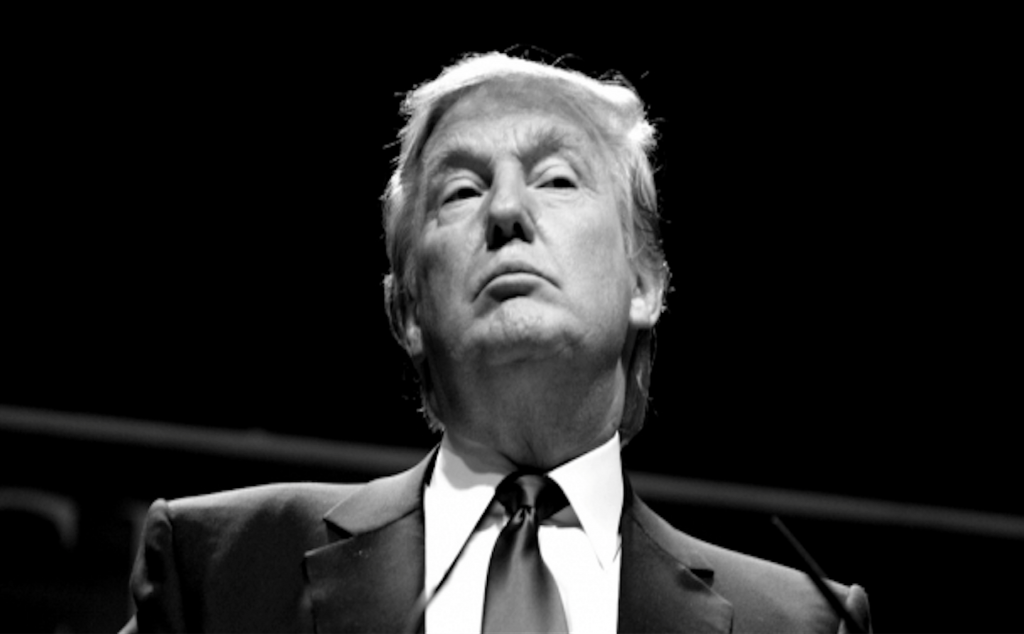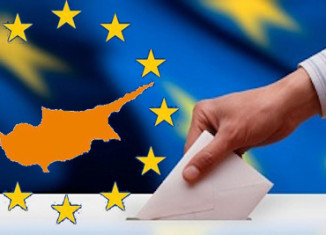Editorial, Japan Times
U.S. President Donald Trump announced last week that he would recognize Jerusalem as the capital of Israel. The move, long sought by Israelis, prompted celebrations in their country and among their supporters in the United States. Palestinians and their backers were dismayed, while the rest of the world anticipated violence. While Trump’s decision is a symbolic victory for Israelis, that does not make it a wise move, tactically or strategically.
The city of Jerusalem is home to sacred sites of the world’s three Abrahamic religions — Christianity, Judaism and Islam — and has been declared “a sacred trust of civilization.” Israelis claim the city is the capital of their state, which the Israeli Cabinet confirmed in December 1949; Palestinians claim East Jerusalem as capital of their state, and adherents of all three religions demand access to sites sacred to their faith.
Israel could make good on its claim after the 1967 Six-Day War, when it captured the entire city (it had previously held just the western half). Palestinians could not. After a 1980 Israeli law declared that a “complete and unified” Jerusalem was the capital of Israel, the rest of the world feared that recognition of that position would permanently disenfranchise Palestinians and cripple the peace process. As a result, no country has its embassy in Jerusalem.
It has been a staple of U.S. presidential campaigns for candidates to declare that they would move the embassy from Tel Aviv to Jerusalem when elected. The Jerusalem Embassy Act of 1995 called for the relocation of the embassy to the holy city — by May 31, 1999. Since then, U.S. presidents have every six months signed a waiver suspending the move for national security concerns.
In keeping with his desire to be a straight-talking “disrupter,” Trump has dispensed with the waiver and honored his campaign promise to move the embassy. The move reflects political and strategic calculations. The political ones are straightforward. Trump promised relocation and he needs to keep his base happy. Evangelical Christians are a vital part of that group — and they have assumed more significance as the president’s approval ratings shrink and an important Senate election is to be held in Alabama this week — and they fervently support the move. One of the president’s advisers noted that the issue was second only to evangelicals’ concern about judges. Trump also received significant financial donations from the Christian right and hard-line Jewish supporters of Israel, such as Sheldon Adelson, the billionaire casino owner.
Additionally, Trump delights in breaking with precedent and distinguishing himself from his predecessors. Finally, given his few achievements nearly a year into his term, the announcement is “a big win.” Paradoxically, that only 31 percent of U.S. voters back the move is a selling point for the president: it allows Trump to declare himself a bold and innovate politician who does the right thing without being beholden to public sentiment.
As a foreign policy matter, the verdict is less clear. Apart from Israel, no other government backed the move. At a meeting of the United Nations Security Council, every other member — 14 of 15 — denounced the decision. In a joint statement, the ambassadors of Britain, France, Germany, Italy and Sweden criticized the move because “it is not in line with Security Council resolutions and is unhelpful in terms of prospects for peace in the region.” Speaking for Japan, Chief Cabinet Secretary Yoshihide Suga noted that the status of Jerusalem “should be settled through U.N. Security Council resolutions that have been adopted so far, and negotiations between the parties concerned.”
Trump administration officials insist that the U.S. remains committed to peace and that they continue to work on a Mideast peace proposal. They add that Washington has not reached a final decision on the borders of Jerusalem or the Israeli capital. They also claim that the move facilitates negotiations by removing a distraction and forcing the parties to concentrate on core issues.
The Trump administration is betting that the Palestinian cause is not that important to most Arabs and that violence will be contained and quickly subside. Thus far, that looks like a safe bet. There is also a calculation that the real concern of regional governments is Iran and that they will accept a fait accompli to work with Israel to contain and combat Tehran.
For those who worry about the end of the peace process, the truth is that there is not much of a peace process today. There are meetings, but there is little appetite for the hard bargaining that serious negotiations entail. Washington has demonstrated no inclination to push Israel — Trump’s decision deprives the U.S. of leverage it could use in those talks — much less engage seriously with the Palestinians. This perception has further eroded the image of the U.S. as a mediator or a neutral party. Apparently, that means little to Trump — or to the other parties.



















